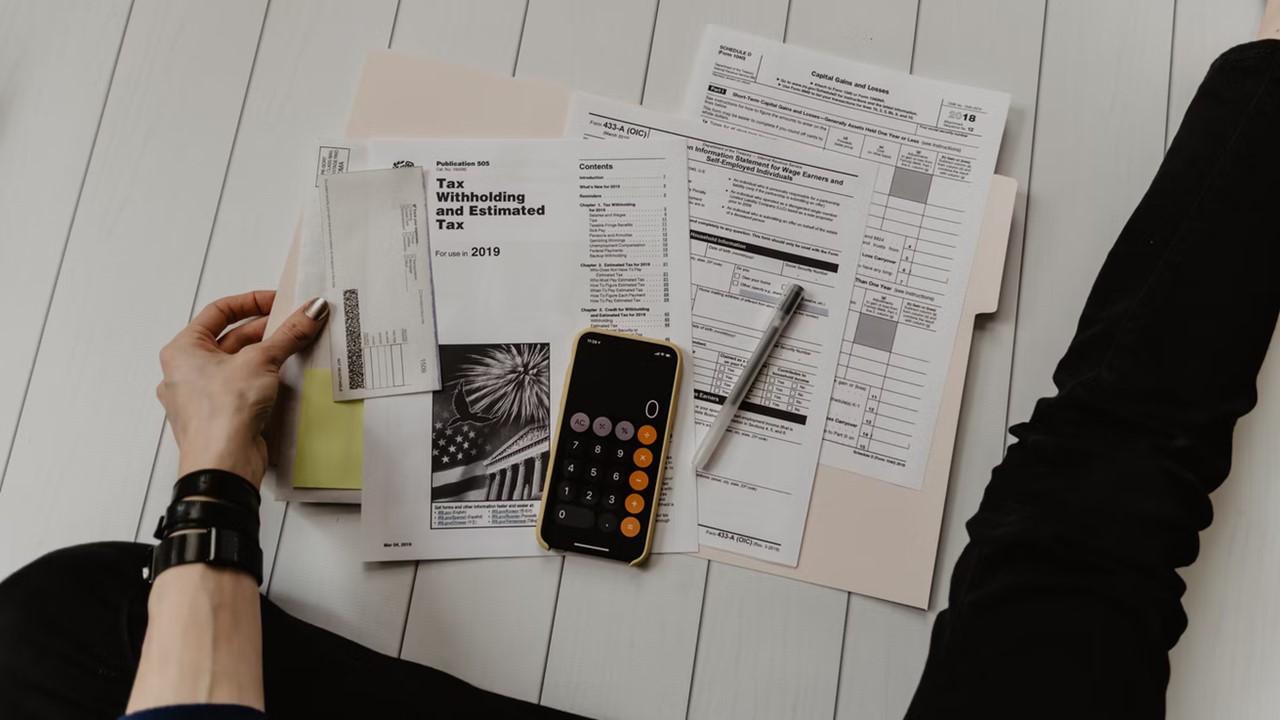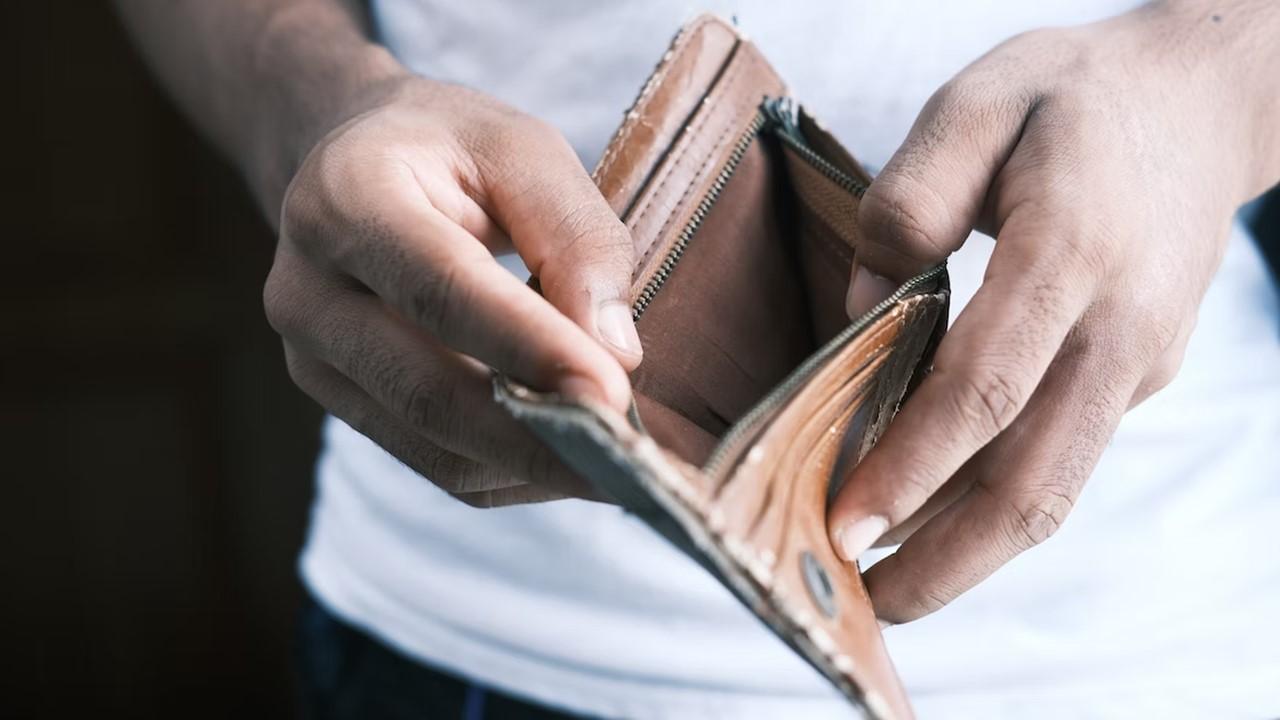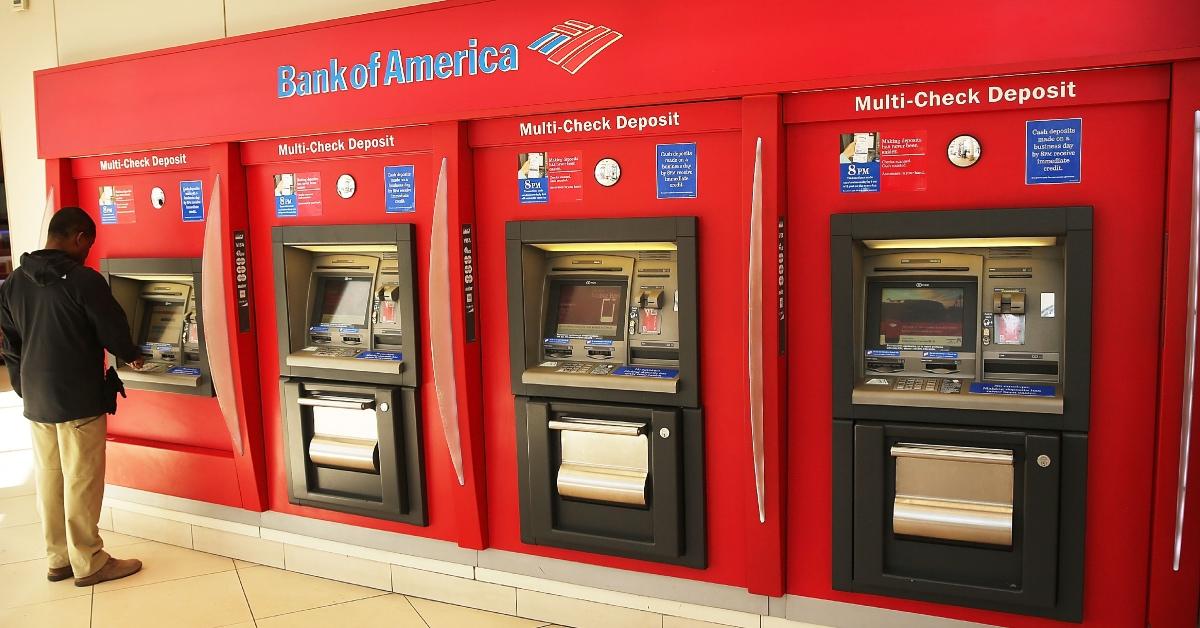Ask These 10 Questions When Applying for a Personal Loan
When requesting a personal loan, it's natural to have questions about the process, repayment, and more. Here are 10 questions you should ask.
April 6 2023, Published 4:33 p.m. ET

A personal loan allows you to take out a set amount of money from a bank or financial institution as a borrower. Over time, you repay the amount of money lent. These loans are typically unsecured and don't require any form of a deposit to be put down when the borrower is ready to take out a loan. If a borrower has filled out an application that has been approved by their lender, they'll see the amount of money requested put into their bank account. From there, the funds are put to use.
When requesting a personal loan, it's natural to have questions about the process, repayment, and other factors that may come to mind. Here are 10 questions to ask when applying for a personal loan.
1. What types of personal loans can I take out?

The first type of personal loan is an unsecured loan, you won’t be risking any personal items or property. Keep in mind that unsecured loans don’t require collateral attached to them. However, you do need to have a high credit score in order to be considered for a low-interest rate. Due to their primary focus on credit scores, these unsecured loans are more challenging to qualify for. Most personal loans are unsecured.
Another option is a secured loan. You have the possibility of getting a better interest rate or higher borrowing limit when you attach some sort of collateral to your loan. This means you're putting possessions, property, or other forms of stake up for grabs if you are unable to pay your loans upon the time of payment collection. Because of the increased value of your goods, you're able to see higher interest come from your loan plan.
2. How much money should I borrow through my personal loan?

It's easy to overestimate or underestimate how much money to ask for when submitting a personal loan application. Here's how to know how much to borrow.
Santander Bank advises that the amount being requested to be taken out in the form of a personal loan should be the limit needed. When calculating how much money you should reasonably ask to borrow, calculate the total number of your debts or other expenses that may add to the total amount of money you're requesting to use.
3. What is the interest rate on my personal loan?

While interest on personal loans is inevitable, the question of how much interest will be applied still hangs overhead.
Cadence Bank breaks down the numbers that may come into play during the personal loan application process. It's reported that an estimated interest rate on personal loans can be solved by adding how much extra money is paid on top of adding back the inital amount of the loan. According to the Federal Reserve, the average interest rate of 24-month personal loans was 8.73 percent in 2022. There are other tools, such as a personal loan calculator, that can do the math for you when adding in interest.
4. What is my credit score?

Different credit unions, financial institutions, or banks will look to your credit score as a key indicator of your eligibility for potentially taking out a loan. They use your credit score to determine which loans may best suit your personal needs. Knowing your credit score also keeps you informed about which loans you have a likelihood of being approved for.
Cadence Bank suggests going straight to the bank when requesting more information about your credit score. The easiest and most efficient way to accurately check your credit score is to connect with your bank directly. You can call and request to speak with someone who can provide you with credit score information. It's also free to check your credit score through your mobile banking application and doing so doesn't hurt your score.
Equifax, Experian, and TransUnion are obligated to provide you with one free credit score report per year, which can be accessed through the Annual Credit Report database.
5. Will I be approved for this personal loan?

Before going to apply for your loan, consider your strengths and weaknesses. Look back at your past payment history when paying off student loans, credit card debt, car payments, and other instances where you were left financially liable. Being in good standing with your banking group and curating a strong credit score increases your chances of approval. If you aren't as financially healthy as you would like to be, it's wise to hold off on applying for a loan.
6. Do I have the right documentation to apply for a financial loan?

Financial institutions providing you with money want to know as much as they can about you to ensure that there's no fraud at play. When applying for a personal loan, keeping any identifying factors about you on hand can provide lenders with the information they need to make a decision about your loan application. Your full name, residential address, date of birth, current employer (along with their financial information), and proof of income are collected.
Banks might also want to know about any outstanding debt you may have. An entire breakdown of what documentation or other forms of personal information may be expected to be presented during applications for a personal loan can be found through a quick Google search or may be shared by your lender.
7. How long will it take to repay my loans?

A question to ask yourself when applying for a personal loan is how long it will take you to relieve yourself of payments. Whether or not you'll be able to repay the loaner is one conversation to have, but mapping out the timeline for you to consider yourself payment-free is another. The length of the loan works in direct correlation with how long it'll take you to keep up with completing all of your payments. The longer your loan goes on for, the more time you'll spend paying it back.
8. Who should I borrow my personal loan from?

The Ascent, in association with The Motley Fool, suggests that those looking for a personal loan explore different options.
Think about different traits or characteristics that you may value in a lender. Look at the different interest rates per lender, their lender fees, prepayment penalties, loan sizes, and budget-friendliness. From there, you're welcome to compare and contrast the organizations you're thinking of possibly working with after deciding to take out a personal loan. The loan amount offered by each institution should absolutely factor into where you borrow from.
9. What do you need your personal loan for?

Using personal loans can be great for consolidating debt, refinancing a current loan, paying off medical bills, or funding a major life event such as a wedding. In some instances, you may be strapped for cash during an emergency, and this may require you to take out a chunk of change to keep yourself afloat. Above all, have a justifiable reason to apply for a personal loan.
For those who are looking to use their personal loans to start their own business, a personal loan is different than a business loan. It's advised that personal loans aren't put towards paying off college tuition as federal student loans are more beneficial through federal student loans. It's cautioned against using personal loans for investing means.
Interest rates will essentially deflate the revenue you turn from investing, and the longer these loans are kept, the more you'll have to pay back. If you're thinking of taking out a personal loan for a down payment on a house, some mortgage lenders have already prohibited the use of a personal loan for that payment. While the lender may approve, it's ultimately up to the mortgage company to decide in that regard. Personal loans affect the debt-to-income ratio evaluated by mortgage companies.
10. Have you considered alternative routes before taking out a personal loan?
If you're in a situation where you view taking out a personal loan as an option and not a necessity, make time to revisit your alternative ideas and see if there are other possibilities for you. That's not to discredit taking out a loan altogether, but in the long run, there could be better short-term fixes.
A personal loan is a great way to fund something that's not easily paid out of pocket, but if you're able to allocate funds elsewhere by other means, you're saving yourself some time (and money through the repayment process). A personal loan is just that - taken out for personal means.

